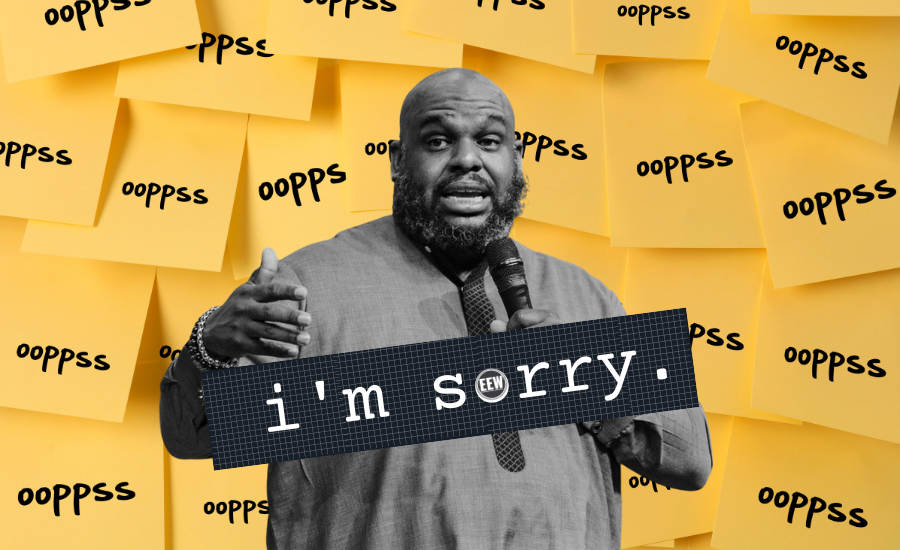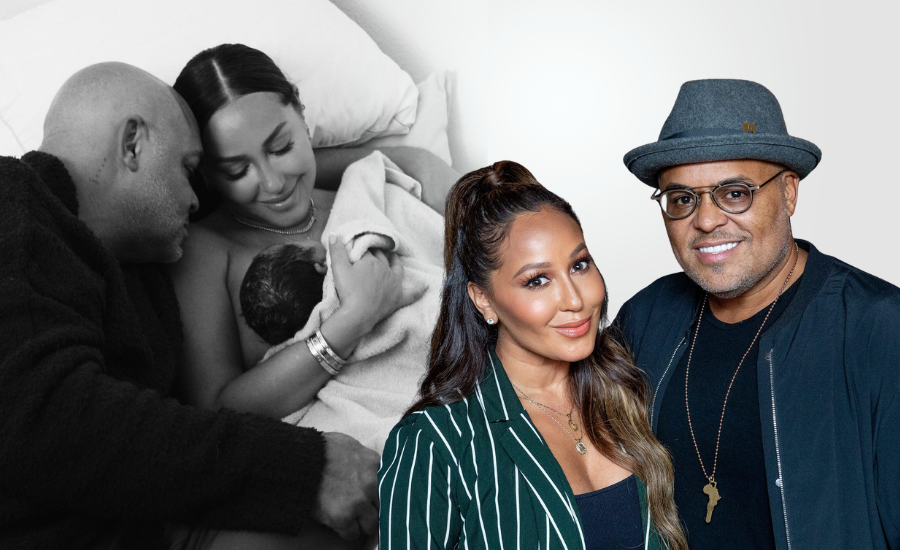Shifting Values for Votes? Stacey Abrams, daughter of preachers, fights for abortion rights
By Mindy King // Abortion // Politics
Photo: Benjamin Lowy/Getty Images/Illustration: EEW Magazine
Some say you can never trust a politicians’ rhetoric surrounding values because they will shift values for votes in a heartbeat.
Whether or not one agrees with this statement, it at least appears true in part when observing the sharp pivot made by Christian politician and daughter of Methodist preachers, Stacy Abrams, on the issue of abortion rights.
The Georgia Democrat who admittedly once strongly opposed abortion is now defending reproductive freedom with the fervor of a lifelong pro-choice activist. As her campaign for governor heats up, the 48-year-old, reared in the Deep South, is distancing herself from her pro-life roots.
“I was wrong,” she said. “But I’ve worked hard to make myself right.”
Photo: Mamadi Doumbouya/Illustration: EEW Magazine Online
Right, according to Abrams, is joining scores of Democrats preaching in defense of abortion rights to boost votes in midterm elections.
Exploiting the divisive nature of the debate over the Supreme Court decision overturning Roe v. Wade could pay off handsomely at the ballot box provided a politician has their fingers on the pulse of voters.
Arguably, Abrams does.
Irrespective of personal views on abortion, there is no denying that defense of a woman’s right to control her own body falls in line with the majority view in her region. An Atlanta Journal-Constitution poll released last month showed 55 percent of voters in Georgia oppose the Supreme Court’s ruling reversing Roe v. Wade.
Abrams’ Republican opponent, Gov. Brian Kemp— who defeated her in 2018 by 50.2 to 48.8 percent—signed a law that now bans most abortions after six weeks of pregnancy. This makes abortion a center point, a battleground, and an open opportunity for Abrams to take aim at Kemp’s restrictive laws stripping away women’s power.
Photo: Kevin D. Liles
Part of Abrams’ takeover method is sharing how she leapt on the choice bandwagon after years of evangelizing others to believe that abortion was morally wrong. She sees this as her way to connect with voters that may personally oppose abortion but are also not in favor of government restrictions.
Zoning in on this conflict is key to “giving them permission to say that choice should exist,” she said in an interview. “I want people to understand that I know where they’re coming from. But it also creates the opportunity for people to tell you where they stand as well,” she explained. If voting patterns in conservative Kansas, which overwhelmingly voted to guard abortion protections, is any indication, Abrams may have a winning political strategy—one that could shift attention from Democratic President Joe Biden’s abysmal approval ratings and economic woes amid rising inflation.
That remains to be seen, however.
Abrams is currently trailing Kemp by five points and losing ground with Black voters in the state.
According to a NY Times report, Abrams’ messaging on abortion is aimed at rural Black voters that consistently vote Democratic and share her religious upbringing. She is also targeting Asian American and Latino voters in the Atlanta suburbs and moderate or conservative-leaning white voters across the state with reservations about abortion.
“I’ve been with rural Black communities in a couple of spaces, and I think most would hesitate to raise the decision as a conversation,” Abrams noted. By centering the abortion discussion on “the life and health of women, especially Black women,” she said, “I get very little pushback. I think part of it is contextualizing it for the community.”
A product of Spelman, a historically Black women’s college in Atlanta, Abrams credits listening to different stories and perspectives for her shift from “reflexive belief” to “intentional belief” about abortion.
Of course, running for office is an underlying motive. With November’s general election rapidly approaching, Abrams is working feverishly to change the narrative from one’s personal stance on abortion to a more narrow focus on one’s views on a woman’s right to choose—a subtle yet profound difference.








